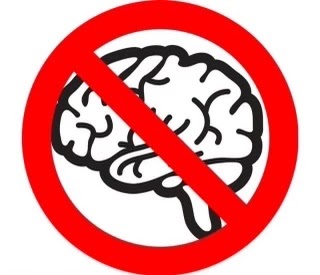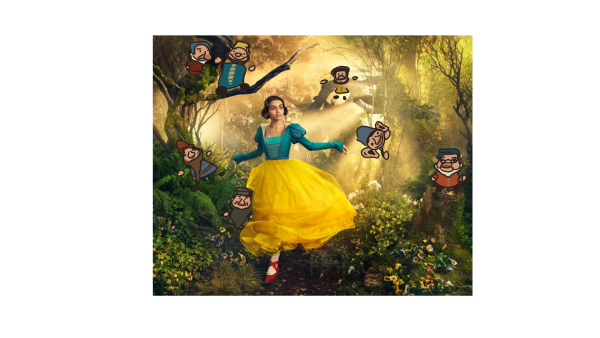Kids these days: what’s up with them?

Photo courtesy of Lauren Diesner
We live in an era of buzzwords, stereotypes and novelty. Perhaps it would be counterproductive to attempt to define one root cause for any generation’s mental state. But the consequences of mental health are unprecedented, especially here, the hotbed of technical success. The ever-present need to differentiate oneself but never to alienate ourselves leaves us succumbing to nihilism, depression, anxiety and stress. Of course, it is an eternal struggle, the rebelliousness we see in Generation Z not unlike those of other respective eras of protest. The problems our world faces never change when older generations neglect to enact change while the youth, desperate to see change, seek new methods of impact. Amongst our generation, due to the current climates and circumstance, much of the distress has taken a toll on our psyche.
The world is oversaturated with talent that to set oneself apart is a mix of pressure and luck. Grades do not matter until they stand for an opportunity. Extracurriculars are pointless unless they are quantifiable and you are good enough for recognition. If you intend to go to an elite school you must have a perfect GPA. With this pressure to reach an impossible standard, we lose respect for our humanity, for our flaws. Especially when school systems cater towards a hypothetical student who could never exist outside of school. One may argue that this is preparation for the “real” world, but is it not a worse stressor that this pressure does not end?
Generation Z faces many novel issues for which even older generations have become ill-equipped to deal with. The plagues of climate change and the COVID-19 pandemic hang heavy in the minds of everyone. But the young generation who are supposed to see the future as something beckoning instead find it suffocating. Our formative years which were supposed to be spent preparing for the world ahead have instead been stifled by isolation that stunted us. Having been separated from our peers, we had already grown up in a world on fire and grown up in the streets torn by politics. We never got to grow up because this was our childhood. The compounded stress of multiple apocalypses has certainly settled on the psyche of all but most of all in modern youth. We were bound to turn inward with mental health becoming its own epidemic.
More jarring is how trivialized the problem is. As if it were mere phones or media to blame when the reality is infinitely nuanced and individual, with romanticisation overshadowing the dire condition of our populous. It is saddening how unphased we have become to the stress rampant among the youth. We are desensitized when we are suffering the same, creating an infinite cycle. To say we got a bad deal is an understatement. Even if we face certain similar societal problems our grandparents did, the cumulative effect has grown into an entity of unhappiness in our hour of youth.










